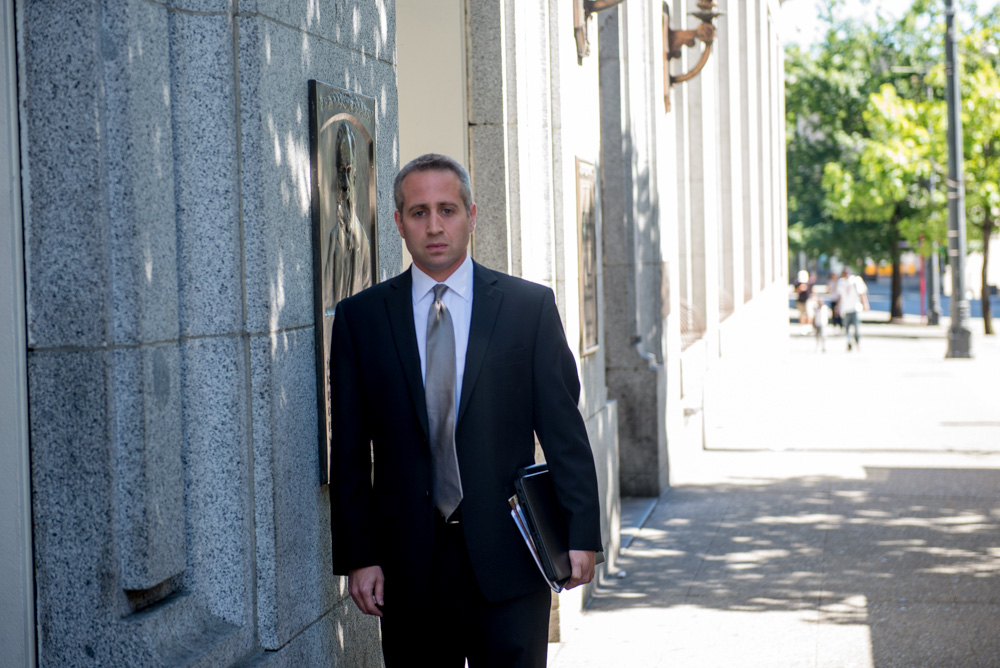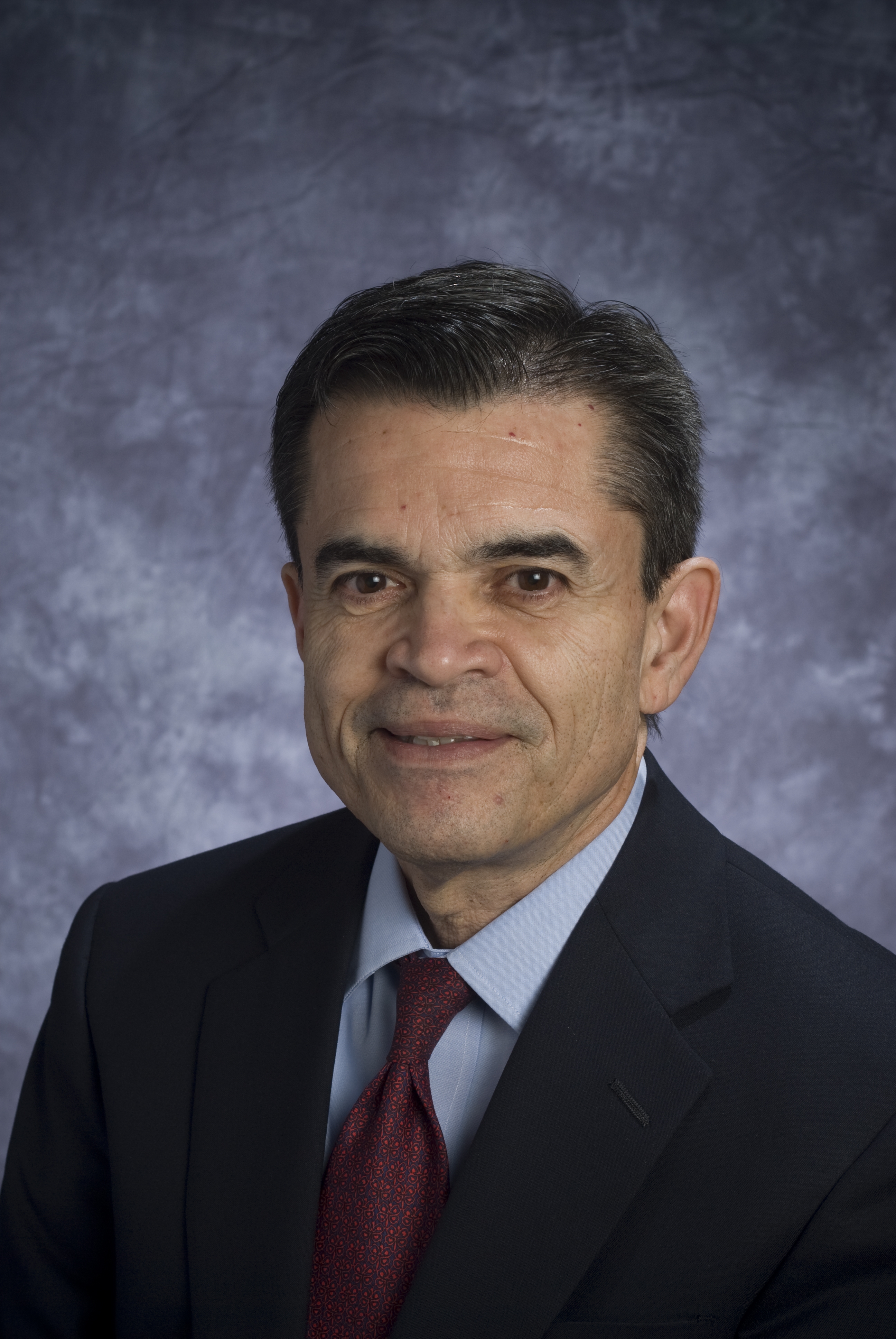Paljor Thong was standing in an alley outside Afriq, a Skyway nightclub, when shots rang out. The 22-year-old was not normally one for carousing; according to members of his typically large Sudanese family, he preferred to spend evenings at their cramped but tidy South Seattle apartment. But on one cool Friday night last November, he opted instead to celebrate the arrival of the weekend with a trip to Afriq, a restaurant-cum-dancehall located just south of the Seattle city limits.
By last call, he’d be dead.
Almost eight months later, Thong’s murder remains unsolved. County investigators are convinced that the shooter was one of a group of 20-something Somali men who were at Afriq that evening. As the night headed into early morning, members of that group, sons of the tens of thousands of Somali immigrants who in recent years have flocked to south King County, got into a shoving match at the bar. After the club closed for the evening, the confrontation continued outside in the dimly-lit parking lot.
By the time the first 911 call was made at 2:10 a.m., what had begun as an argument over the use of the men’s bathroom had erupted into a 20-person brawl in the middle of Renton Avenue South. According to detectives with the Sheriff’s Department’s Major Crimes Unit, a male suspect retreated to a red BMW to retrieve a handgun. He then turned back toward the club and fired five shots into the scrum. When deputies arrived minutes later, Thong was already dead, shot in the back as the assailant pursued him through an alley leading to a parking lot behind the club.
Detective Christina Bartlett, the lead investigator on the case, says that the Sheriff’s Department has strong evidence as to the shooter’s identity. However, King County prosecutors have yet to file a charge, something Bartlett attributes to the difficulty of working with King County’s growing Somali community.
“You’ve heard of ‘stop snitching,’ right?” asks Bartlett. “The Somali community puts that to shame. It is the most tight-lipped community I’ve ever worked with.”
Bartlett’s frustration is both a testament to the fortitude in the face of interrogation of the dozen or so suspects the Sheriff’s Department has questioned in connection with the case, and to the apprehension many recently transplanted immigrants feel in cooperating with police. “Everyone knows who did this, but no one seems willing to come forward,” Bartlett says. “It’s not because they don’t want to see crimes get solved, but because they really do think that they are going to be retaliated against for talking to the police.”
Shortly after the shooting at Afriq, the detectives working the case met with various members of the Somali community, hoping to gain insight into ways they could tweak their interviewing strategy to help make a break in the case. The response was not ideal.
“They said they didn’t have much control over the young people in the community,” says Bartlett.
There are 25,000–30,000 Somalis living in King County, many of whom fled their homes for refugee camps in neighboring countries after Somalia’s bloody outbreak of civil war in 1991. It’s the anxiety spawned from that experience that keeps Somalis from being more cooperative with police, says Mohamed Hassan, Community Education Coordinator at the Somali Community Services Coalition in SeaTac.
“We as a community still need to learn a lot about how to approach police,” says Hassan. “If Somalis are anxious about talking with American police, if they are distrustful of them, it is first because they do not know how the government systems here work, and second, that the fear and anxiety that they have felt living in the refugee camps in countries neighboring Somalia has carried over to the U.S.”
City of SeaTac Chief of Police Jim Graddon concurs. “This is a major cultural shift for the Somali people living here,” he says. “Somalia has, at least for the last 20 years or so, had no real established government of any form. Therefore there is probably a healthy distrust of officials, particularly those in the law-enforcement realm.”
Two years ago, Commander Don Lincoln of the Tukwila Police Department began meeting with Somali community leaders like Hassan to talk about how they could better learn from each other. Three months ago, these cultural salons became more formalized, and representatives from the SeaTac police force, including Graddon, soon joined in.
“It’s a little early to tell how effective the meetings are going to be,” says Lincoln. “Hopefully it will help both groups break down some of the barriers between us.”
Adds Graddon: “We don’t want any more kids to end up in an alley.”








